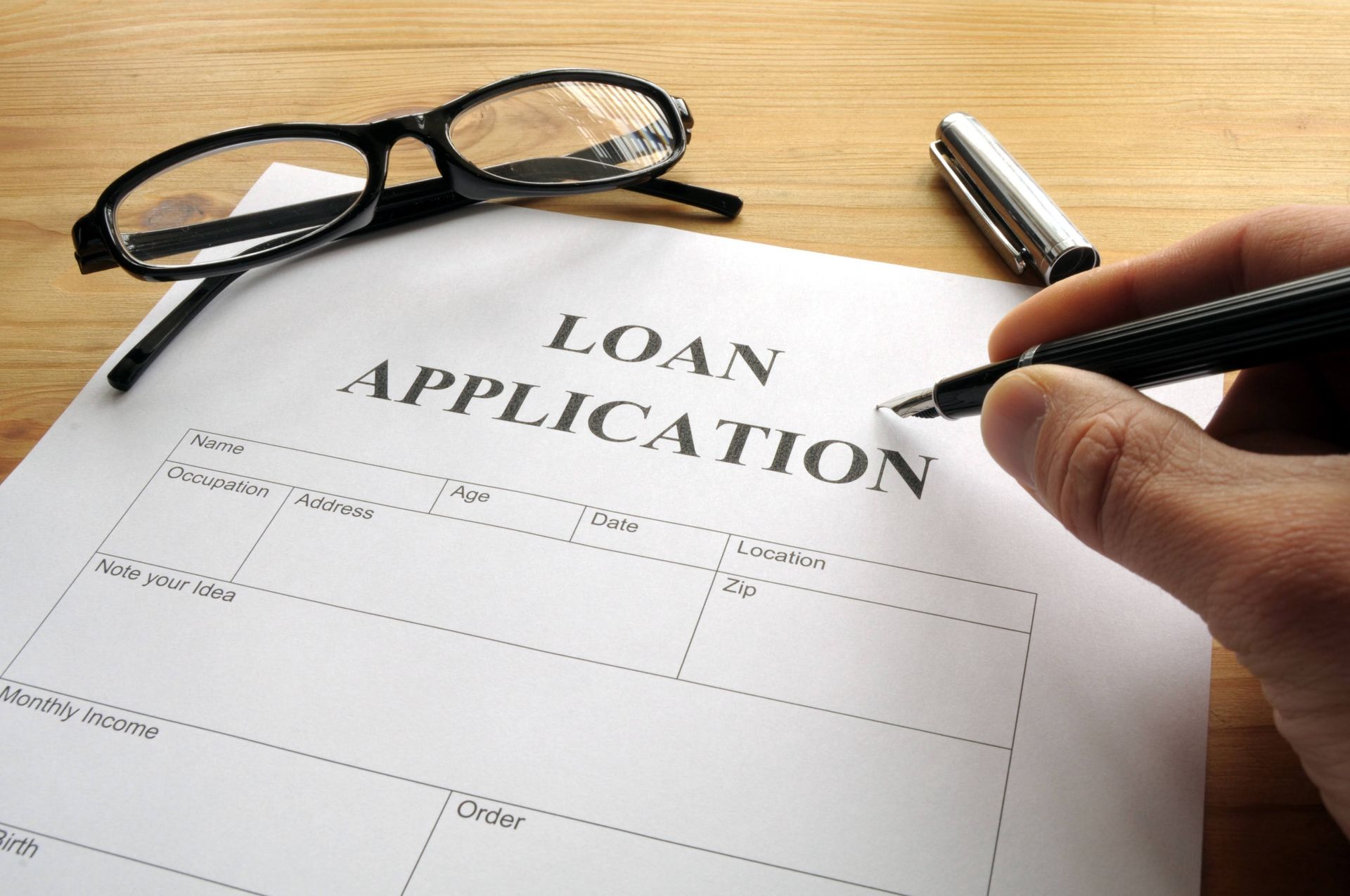How and Why to Start Your Child's Credit History Now
websitebuilder • January 13, 2021

As a parent, you want your children to have the best start in life possible. One of the ways that many parents choose to do this is to help their child establish a good credit history. Why is this important? How should you go about doing it? And what should you avoid doing at this time? Discover a few answers.
Why Help Your Child Establish Credit?
While a credit history is not mandatory for any American, it is a helpful tool for financial management and daily life. Your child will, in all likelihood, need a good credit score sooner rather than later. This includes those who may need to buy a car, get a loan for higher education, rent an apartment, or even get a job with some responsibility.
Because a credit score can affect so many aspects of a child’s life, the guidance of a parent is invaluable for inexperienced teens and young adults. By helping them access the right types of credit, make regular payments, and understand how their credit history works, you set them up for credit score success. And you will teach your kids good financial habits that will stick with them forever.
It is never too early to start building a credit history for when your child leaves home. Because a good score is the result of a combination of factors — including the types of credit used, a history of good payments, and the length of time with credit — the earlier you can start the process, the better.
What Are Good Ways to Start Credit?
How can you start your child's credit history in smart ways? One of the best choices is an installment loan. Installment loans are ideal for young borrowers because they are a fixed amount borrowed only once. The child will get all the tools to make regular monthly payments and see their loan paid off in a reasonable time frame. Plus, installment loans generally have some of the lowest interest rates and fees.
You might also add your child to your own loan or credit card. This way, the child benefits every time you make a regular, on-time payment. Even though the other party does not make the payments themselves, the result on their credit history is the same as it is for the primary holder.
What Options Should Your Child Avoid?
Of course, you have both good ways and bad ways to build credit. One of the biggest dangers is with credit cards. Because most people — including kids just starting out — can get easy access to a credit card, these are often one of the earliest uses of credit. However, they can also trap your child in a cycle of revolving debt and living beyond their means. Parents should carefully oversee credit card usage.
Payday and title loans are another risky type of credit many young people turn to on their own. A payday loan is dangerous because it often carries a high interest rate and includes balloon payments most cannot afford. And title loans put the asset (such as a car) at risk of repossession. The way both types of loans are structured, they often load the borrower with even more debt than they started with.
Where Can You Start?
Where can you learn more about smart ways to help your teen or young adult begin their credit history? Start by talking with the credit professionals at Ardmore Finance. With a variety of
installment loan sizes and length of terms, you can find the right product to teach anyone good financial management. Call today to speak with a member of our team.
Content, including images, displayed on this website is protected by copyright laws. Downloading, republication, retransmission or reproduction of content on this website is strictly prohibited. Terms of Use
| Privacy Policy
Content, including images, displayed on this website is protected by copyright laws. Downloading, republication, retransmission or reproduction of content on this website is strictly prohibited. Terms of Use
| Privacy Policy









